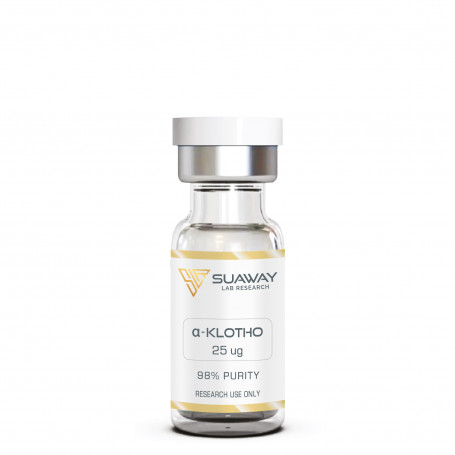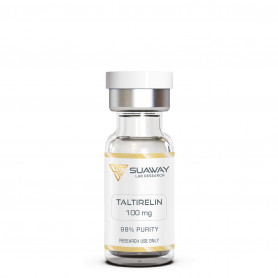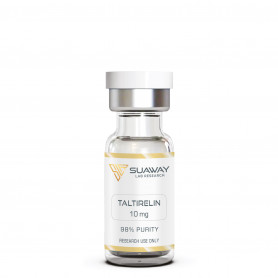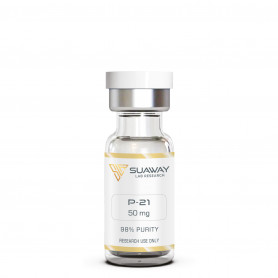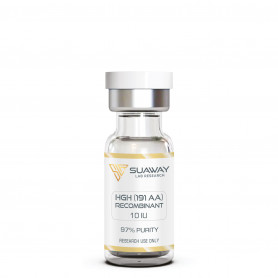Description
The klotho protein is named after one of the Greek Fates. This mythological figure was said to create and control the thread of life and decided when gods and mortals would die.
The klotho protein was first discovered in 1997 by a research team in Japan, which also discovered the inhibitory effect that klotho has against some aspects of the aging process. During this study, the team also learned that a defective klotho gene in mice results in a syndrome similar to human aging, including shorter lifespan, infertility, arteriosclerosis, skin atrophy, osteoporosis and emphysema. Later studies found that mice engineered to produce more klotho lived longer, which was also confirmed in humans; people who produce more klotho tend to live longer than those who produce less.
The klotho protein functions as a circulating hormone that binds to a cell-surface receptor and suppresses the intracellular signals of insulin and insulin-like growth factor 1 (IGF1); it is an evolutionarily conserved mechanism for extending lifespan. IGF-1 inhibits the secretion of growth hormone (GH) by binding to a special receptor on the surface of a cell. Like insulin, IGF-1 takes part in glucose sensing. Both it and insulin are part of the insulin and insulin-like growth factor (IIS) pathway, which is important in regulating the rate at which we age. We discuss the role of the IIS pathway in detail in our article about deregulated nutrient sensing.
Researcher Dr. Dena Dubal, from the University of California San Francisco, is interested in the potential of treating neurodegenerative diseases by using klotho to target the aging process directly. Only around 20 percent of people have high levels of klotho, which appears to protect the brain from neurodegenerative diseases, such as Alzheimer’s. Dr. Dubal would like everyone to benefit from the protective effects of klotho.
During her studies, she has found that by simply injecting a form of the protein directly into mice, she could give them the same effect that genetically high klotho levels have and that brain function improved within just four hours of a single treatment. Dr. Dubal is now following up this research to find out how klotho in the bloodstream interacts with the brain without passing through the blood-brain barrier. Once this is discovered, development can begin on a therapy that could prevent neurodegenerative diseases by directly targeting an aging process.

